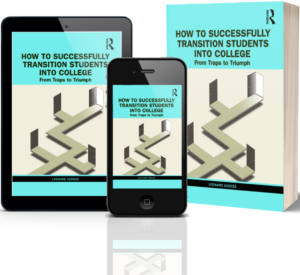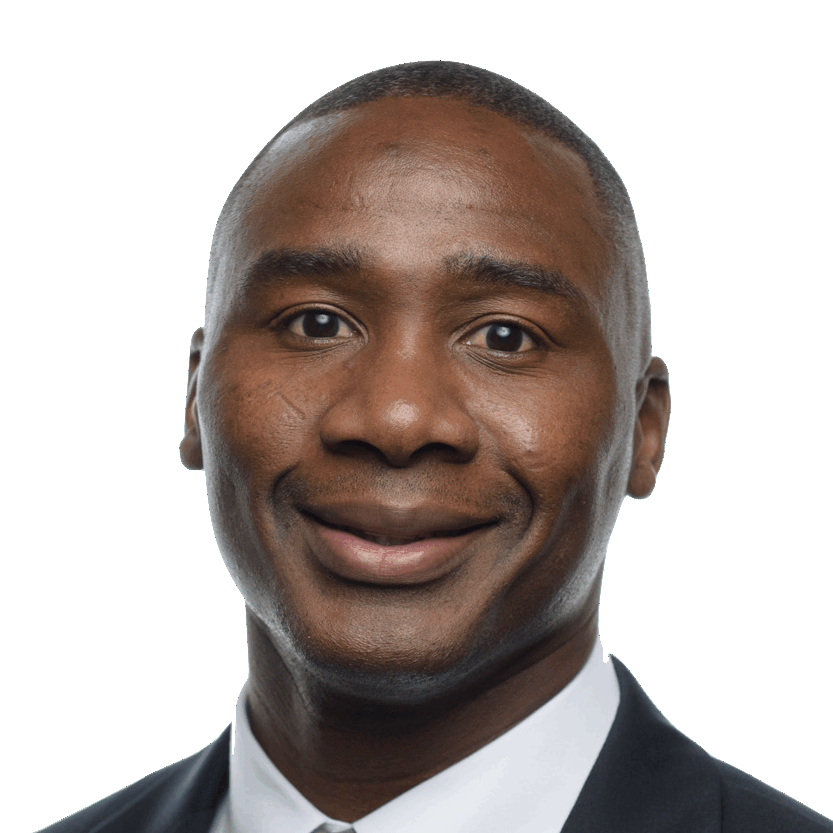Every four years, as the nation gears up for a presidential election, the term “October Surprise” is on everyone’s lips—a sudden, unforeseen event that shakes up the campaign and changes the course of the election. Just as voters brace for an unpredictable twist in politics, students face their own “October Surprise” in the academic world: midterms. It’s that pivotal moment in the semester when anticipation mixes with dread, and uneven performances emerge, often catching students off guard.
 At this stage, the early challenges of transitioning to college life that I discussed in How to Successfully Transition Students into College: From Traps to Triumph have evolved into more significant academic hurdles. Students find themselves performing well on homework and quizzes, only to stumble on midterms. This isn’t just a random occurrence—it’s a direct consequence of a common educational pitfall: narrow framing.
At this stage, the early challenges of transitioning to college life that I discussed in How to Successfully Transition Students into College: From Traps to Triumph have evolved into more significant academic hurdles. Students find themselves performing well on homework and quizzes, only to stumble on midterms. This isn’t just a random occurrence—it’s a direct consequence of a common educational pitfall: narrow framing.
At the start of the semester, students receive positive reinforcement from solid performances on homework and quizzes. These early successes give them a sense of security, making them feel like they have a firm grasp of the material. But when midterm grades come back lower than expected, both students and educators are left confused. Why the discrepancy?
The answer lies in how students are assessed. Early in the term, assessments tend to focus on small, contained segments of the material, often relying on simple recall. As the semester progresses, however, exams become more comprehensive, requiring higher-order thinking skills such as analysis and evaluation. This shift catches many students off guard, resulting in lower-than-expected exam scores.
Narrow Framing: The Root Cause
Narrow framing refers to how early coursework often focuses on specific, isolated pieces of information. In these early stages, students can rely heavily on recall, as there are fewer concepts to differentiate or confuse them. However, as the material becomes more expansive, assessments test not just recall but also students’ ability to understand, analyze, and evaluate a broader range of information. This is where the trouble begins. Without practicing these higher-order cognitive skills, students struggle to meet the demands of comprehensive exams.
When students focus narrowly on small chunks of material, they can often succeed with simple memorization because there are fewer competing ideas. But as the course progresses, and the material expands in breadth and complexity, success on exams requires much more than rote memorization.
Midterms: the academic October Surprise that separates who’s been memorizing from who’s been mastering.
Get Depth to Handle Breadth
To succeed on midterms, students must deepen their understanding of key concepts to manage the wide range of material covered effectively. Mastering midterms requires more than surface-level recall; it demands deeper cognitive processing. Students must engage in activities like analyzing concepts, comparing them, and distinguishing between similar ideas. This deeper level of thinking is crucial for tackling the nuanced and complex questions typically found on midterms. By developing this depth of knowledge, students are better equipped to handle the breadth of material and succeed in more challenging assessments.
What We Can Do
As educators, both inside and outside the classroom, there are some simple solutions we can use to help students bridge this gap. Uneven academic performance isn’t necessarily a sign that students aren’t learning—it often reflects a mismatch between how they’ve been preparing and the cognitive demands of broader assessments. They will continue to struggle if we don’t guide them in developing the necessary skills for these more comprehensive evaluations.
Engagement Exercise: Breadth-to-Depth Study Adjustment
- Professors and instructors: Review your grade books to see if students performing better on narrow assignments, like quizzes and homework, compared to comprehensive assessments.
- Learning assistance professionals: Ensure your staff is trained to differentiate among cognitive skills. This is a threshold skill crucial for promoting independent learning and will enhance the effectiveness of your support team.
- Students: Take time to evaluate your study habits. Are you merely memorizing facts or genuinely understanding, analyzing, and evaluating the material?
We must help students adjust their approach to learning. For the next exam, encourage them to focus on the material’s breadth and depth. They should practice discernment by identifying similar concepts and analyzing their relationships and differences. Judging among closely related ideas is critical for success on complex exams.
Just as the political “October Surprise” can disrupt an election, the academic October Surprise of unexpected low midterm performances signals that students need to shift their approach to learning. The surprise doesn’t come from a failure to grasp the material but from being unprepared for the broader, more complex assessments that midterms represent. By encouraging students to move beyond simple recall and engage in deeper, analytical thinking, we can help them overcome the challenge of cognitively demanding exams.
Surprises can catch us off guard in both the political and academic arenas—but with the proper preparation, students can face their October surprises with confidence, ready to meet the challenge and succeed.
If you found this article valuable, leave a thoughtful comment below to receive a PDF version that you can share with students and colleagues or add to your resource collection for use every semester or term.
Check out the short video below to understand how transition traps unfold throughout a semester or term.
Please leave a thoughtful comment to show some love for the content—or else I’ll have to call you out as a cheapskate 😉!
Sign up to receive articles like this directly in your inbox.
[gravityform id=”31″ title=”true” description=”true”]



2 comments
Erlynn Johnson
The trend on our campus is that October is a tough month for many students. We thought it to be midterms, long time without a day off, or content is getting harder. The beginning is more review and as you said recall. I in particular appreciate the tips for learning support since we are in a Learning Center with peer educators and we need to readjust our approach during this time of the semester.
Leonard Geddes
Hi Erlynn,
Thanks for sharing your observations. October is a critical period on college campuses, where the memorizers of content and master of concepts separate. The most challenging aspect of this situation is that it’s difficult to discern which category students fit in. Learning Centers are best positioned to solve this dilemma, if they are properly trained.
I will send you the PDF version of this article for further use. Thanks again for your contribution.